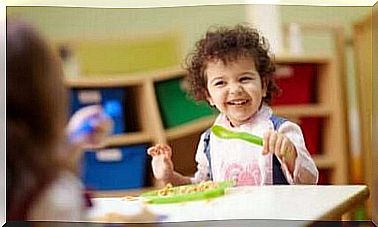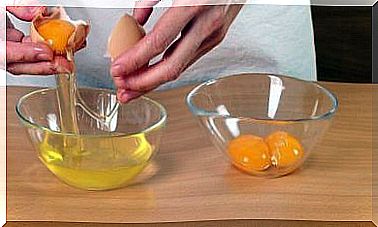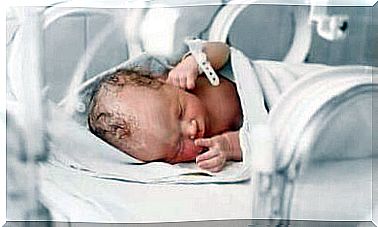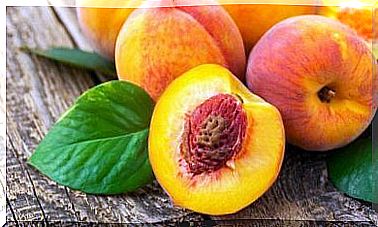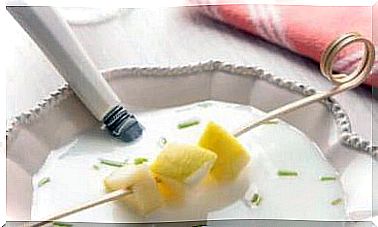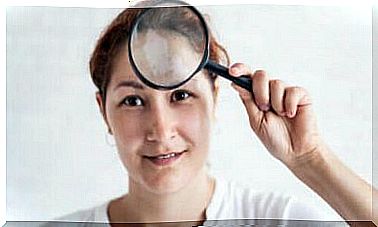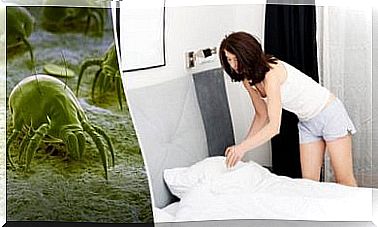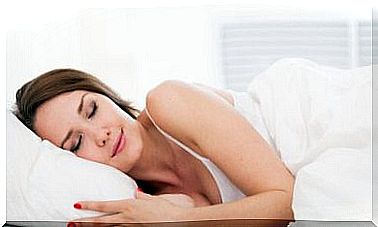Why Not Use Vick Vaporub In Children Under Two?
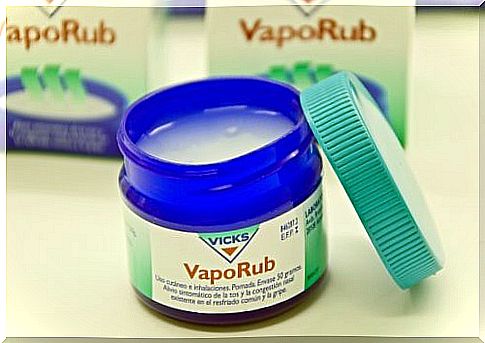
Did you know that Vick Vaporub should not be used in children under the age of two? You probably have a bottle of this product on your nightstand. Or maybe your parents or grandparents, at some point, applied it to your chest to relieve the flu.
Its use is universally known. In fact, it’s curious that it’s not limited to just that. It can also be used for very different purposes, such as repelling mosquitoes.
It seems logical, then, that because it is an ointment commonly used from generation to generation, some parents are aware that it will also help their babies breathe better.
Can we use Vick Vaporub in children under two?
Health experts warn that use in children under 2 years of age can trigger more problems than it is intended to solve.
Unlike children over 5 years and adults, in babies the airways are much narrower, and therefore become inflamed when breathing VapoRub or similar.
When this occurs, the body produces more secretions and the ability to breathe worsens.
In addition, there are experts who warn that, because of the use of VapoRub, some children could have difficulty breathing, even without being sick.
Therefore, it is recommended that parents follow the directions described on the package. In it, the manufacturer clarifies that it should not be applied either under or inside the nasal passages.
Likewise, the label on the VapoRub package recommends consulting a doctor about its use in cases of children under 3 years or pregnant women.
If your child has cough or flu symptoms, we recommend the following natural remedies:
Cleanse the nose with saline solution
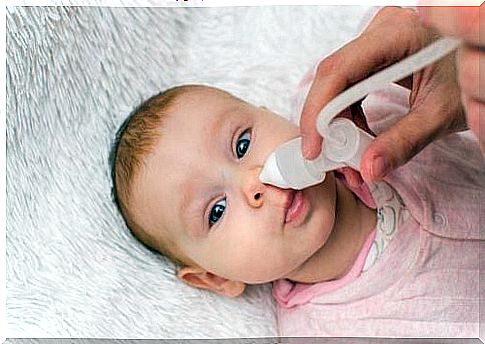
The first and most important step when your little one has a cold is to ensure that their nasal passages are clear.
- For this, you can use saline solution or sterilized seawater and aspirate the mucosa with a specific vacuum cleaner for children.
- This will help you breathe better, even if it’s a little uncomfortable at first.
Hydration and saline solution
To calm the cough, the ideal is for the child to eliminate secretions. For that, you need to stay hydrated.
Thus, the mucous membranes will dry out less and the inflammation will decrease. For this reason, the child should drink enough fluid.
- The use of saline solution is recommended for its ability to replenish the necessary electrolytes and minerals.
- This will encourage your organs, muscles and nerves to continue to function properly.
air the room
The environment plays an important role in children’s health.
A humid environment, with dust or even pet hair, can cause allergies, both in the skin and in the throat and nose.
- It is very important to keep the spaces where children live clean and free from contamination.
- Sometimes, one chooses to use humidifiers that clean and moisten the environment when there is a dry cough. In the case of another type of cough, they may be contraindicated.
- In addition, it is advised that it must be cleaned daily and not to use it excessively, to avoid the formation of mold on the walls.
rest
Remember that it is critical that children rest when they are sick, because their bodies need to be relaxed to recover quickly.
The smaller the babies, the more hours of sleep they need.
- For example, a newborn needs to sleep an average of 16 hours, distributed in different shifts.
- A 2-year-old child requires about 12 hours of sleep at night, and another two after lunch.
See a pediatrician
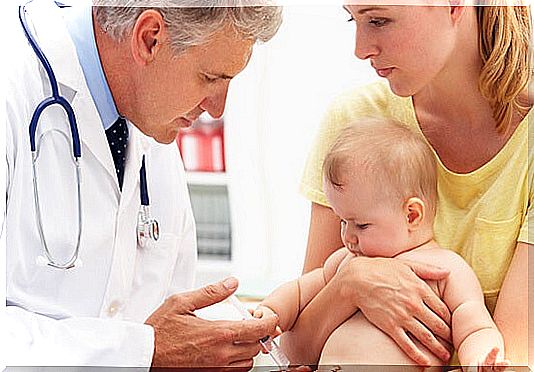
Sometimes, coughs or flu are transient and daily care at home, accompanied by healthy eating, will be enough to recover the child.
However, we should consult a pediatrician if the child’s health weakens.
Only a health professional has sufficient discretion to diagnose an illness and prescribe certain medications.
In view of which symptoms do you consider consulting a pediatrician?
- If the cough is accompanied by fatigue and a lot of difficulty breathing.
- When you hear strange or high-pitched sounds – such as wheezing – when breathing in.
- If the cough persists for more than 2 or 3 weeks.
- If the child has a fever.
- When you notice color changes on the lips and face (they turn bluish).
Now that you know we shouldn’t use Vick Vaporub in children under the age of two, apply this advice the next time your child has a cold or cough.

